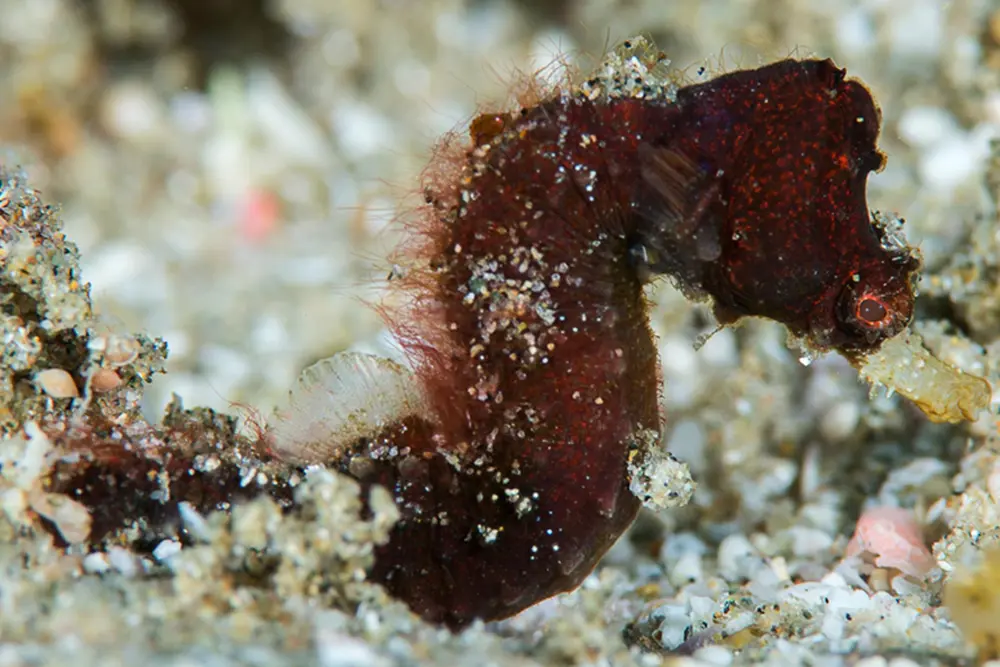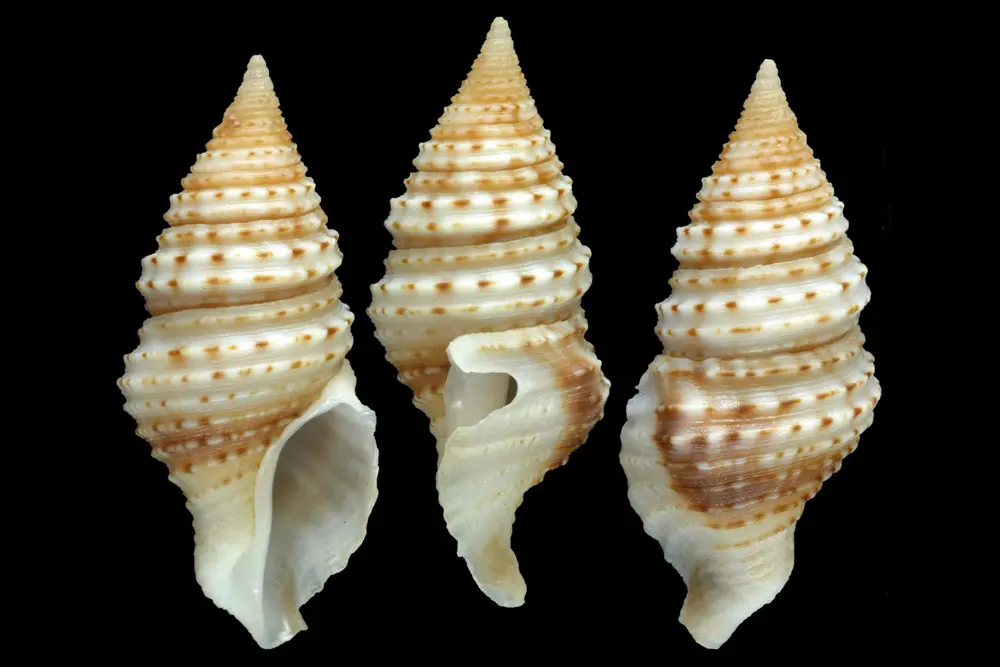
The Nippon Foundation-Nekton Ocean Census, the world’s largest collaborative effort to accelerate the discovery of marine life, has announced the discovery of 866 new marine species.
Ocean Census was launched in 2023 to accelerate the discovery and identification of marine life – a process which can take more than a decade under normal circumstances – with the ambitious target of identifying 100,000 new species by 2030
The programme combines the input of a network of collaborative institutions with mobile laboratories and a new data-sharing platform which uses advanced DNA sequencing techniques and artificial intelligence to expedite the identification of new species.
‘The ocean covers 71 per cent of our planet, yet it is said that only around 10 per cent of marine life has been discovered so far, leaving an estimated 1–2 million species still undocumented,’ said Executive Director Mitsuyuki Unno of The Nippon Foundation representing the founding partner of the Ocean Census.
‘These latest findings demonstrate how international collaboration can advance our understanding of ocean biodiversity.’
More from Ocean Census
- Ocean Census partners with Senckenberg research institutes
- Arctic Deep documents extraordinary biodiversity
- Ocean Census endorsed as UN Ocean Decade programme
- 100 new ocean species discovered in New Zealand

Endorsed under the United Nations Ocean Decade, the Ocean Census now comprises a network of scientists from more than 400 institutions, and partnerships with national marine research institutes, museums, universities, philanthropic organisations, and technology companies.
The alliance has, to date, conducted ten global expeditions using divers, submersibles and remotely operated vehicles (ROVs) to explore between the surface to depths of almost 5km, discovering more than 1,500 species across dozens of different taxonomic groupings.
The new species – including sharks, sea butterflies, bamboo coral, sponges, shrimp, crabs and brittle stars – have been registered on the alliance’s new Ocean Census Biodiversity Data Platform.
Although still in beta, the platform, developed in partnership with the UN Environment Programme World Conservation Monitoring Centre, is now accessible to researchers and the public alike.
Notable Ocean Census discoveries
Some of the most notable discoveries of the last two years include a new species of guitarfish which was identified at around 200m off Mozambique and Tanzania by world-renowned shark expert David Ebert – aka ‘Lost Shark Guy’.
The discovery – which has yet to be formally described – is only the 38th known species of guitarfish, a group of animals so at-risk that most of the species so far identified have been listed as between Vulnerable and Critically Endangered by the IUCN Red List of Threatened Species.

Another important find on the list of new species is Turridrupa magnifica, a marine gastropod discovered at 200–500m depths off New Caledonia and Vanuatu by Dr Peter Stahlschmidt of the University of Landau, Germany. Turrid gastropods are a form of sea snail – and like their more familiar cousins, the deadly cone snails – use a venomous harpoon to catch their prey.
Also like cone snail venom – which was developed into the drug ziconotide, a therapeutic for chronic pain relief sold under the brand name Prialt – the turrid gastropod’s venom produces peptides with potential applications in pain relief and cancer treatment.
The potential benefits to both the oceans and humans show how important the discovery of new species can prove – a process which Ocean Census scientists say has been in need of reform for a long time.
‘Too many species remain in limbo for years because the process of formally describing them is too slow,’ said Prof Lucy Woodall, Head of Science at Ocean Census. ‘We urgently need to change that and adding the Species Discovery step gives us a way to rapidly start the process.
‘Every new species – whether a shark or a sponge – deepens our understanding of marine ecosystems and the benefits they provide for the planet.’
- Crown-of-thorns outbreak developing in northern Great Barrier Reef - 29 January 2026
- Six bodies recovered in search for missing Philippines divers - 27 January 2026
- DIVE’s Big Shot Light and Shadow – win an Aggressor Adventures liveaboard trip - 23 January 2026



